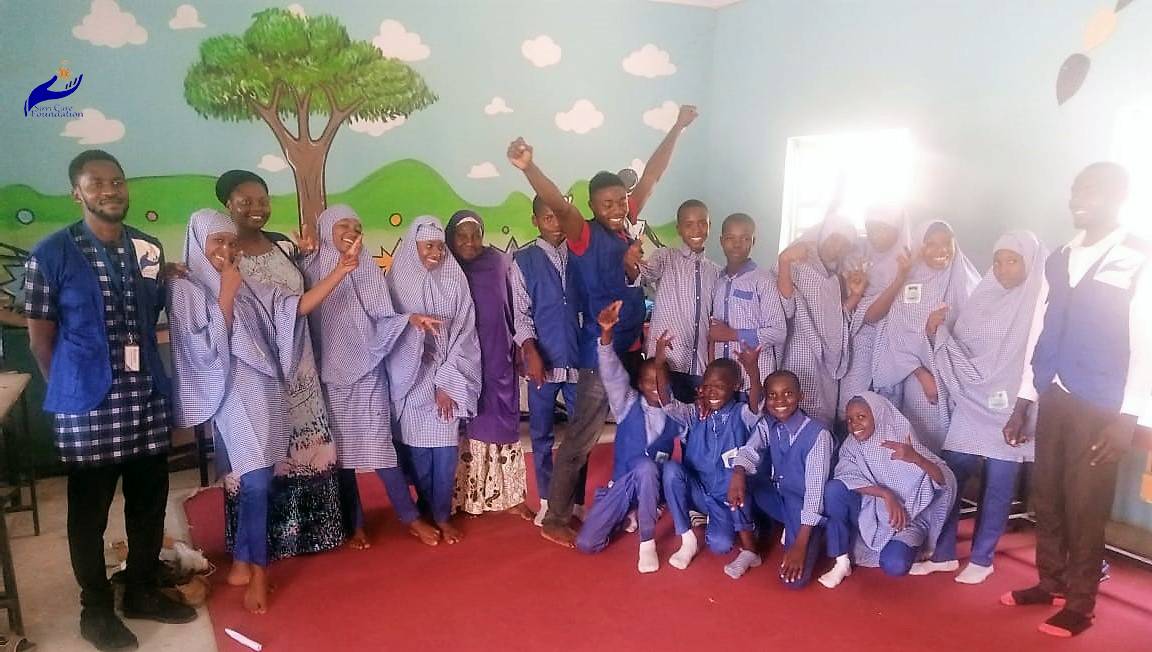Sirri Care Foundation celebrated the International Day of the African Child.
Here are 16 things you should know about this day and why children's rights in Africa are so vital.
The June 16 annual event honors the memories of students who were massacred in Soweto, South Africa, in 1976 for protesting against education injustice and inequality in the apartheid regime.
On June 16, there will be 560 days left until the Millennium Development Goals deadline of the last day of 2015 – MDG2 was to ensure that all children in the world are in school and learning.
One in six children born in sub-Saharan Africa do not live to their fifth birthday – even though child mortality fell by 45% between 1990 and 2020.
More than 100 events in more than 40 countries are being held around the world to mark the Day of the African Child and Youth Action Month.
The poorest children in sub-Saharan Africa are four and a half times more likely to be out of school than the richest children.
The children of African women with at least five years of schooling have a 40 percent higher chance of survival.
In Borno State Nigeria, 51. 9% of children aged ( 5 - 11 years) are not officially enrolled in Primary or Secondary school.
The Day of the African Child was designated in 1991 by the African Union and every year events are organised to promote children’s rights.
This year’s theme is “Eliminating Harmful Practices Affecting Children: Progress on Policy and Practices Since 2013”.
Thirty million of the world’s 57 million children out of school are in sub-Saharan Africa.
The Borno State Ministry of Women Affairs and Social Development with support from Child Protection Sub Sector Groups such as the Sirri Care Foundation celebrated the International Day of the African Child.
Several school children showed how prolific and talented they are, and displayed arts and drama, spoken word, games, and dance.
This move is to appeal to parents and guardians to please pay attention to the future of their children because they are the leaders of tomorrow
